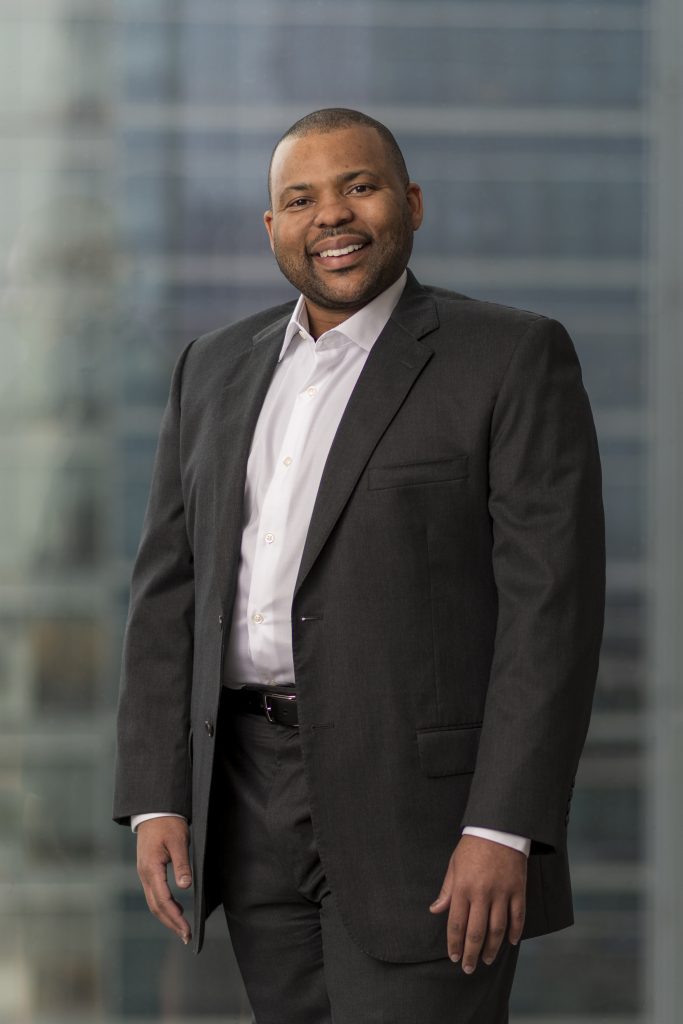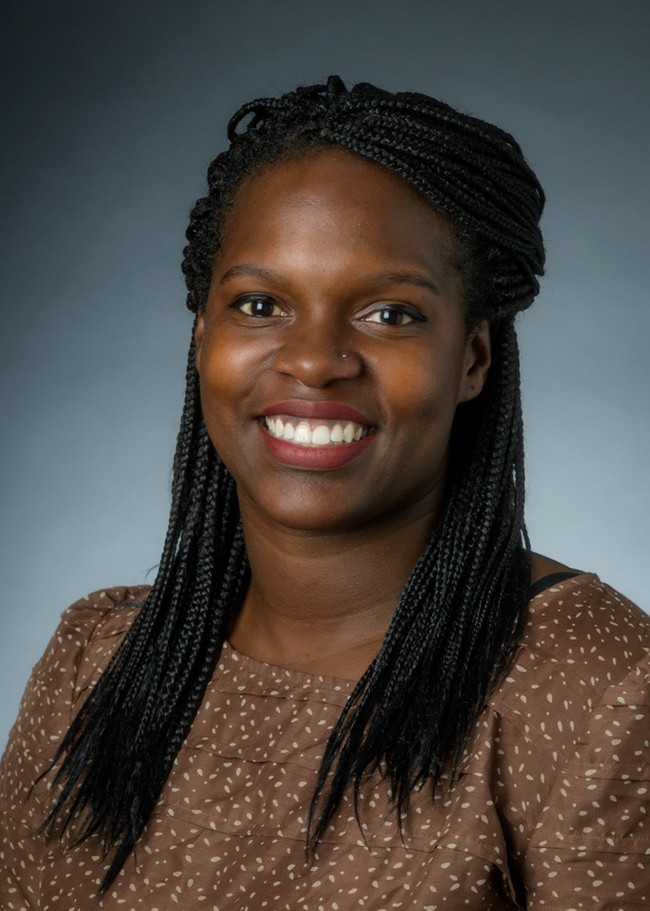By Stacy M. Brown
NNPA Senior National
Correspondent
With projections that half of its workforce will consist of minorities by 2040, the oil and gas industry has continued to recruit individuals of color, women, veterans, and groups that have been mainly underrepresented.
At ConocoPhillips, Shawn Green and Maalika Moore-Thomas each take an optimistic approach to recruiting some of the best minority talent and minds.
Green, the manager of global services and technology, and Moore-Thomas, the senior supplier diversity coordinator, also keep a steady eye on diversity and inclusion with ConocoPhillips’ contractors and suppliers.
“My day-to-day is basically working with our diverse suppliers from various backgrounds – minorities, LGBTQ community, and veterans – to ensure that our supplier base is well-rounded and to make sure that we have those diverse suppliers that we contract within our oil and gas specific jobs, as well as our professional services jobs,” Moore-Thomas asserted.

Green’s role is “to set the supply chain approach and strategy for automation, data analytics, and merchant technology,” he stated.
“I’m ultimately accountable for the development approach for those programs that are under my purview.”
Moore-Thomas added that ConocoPhillips and the industry continue to work toward a more inclusive environment that reflects different backgrounds, interests, and perspectives.
Green concurred.
“One of our major initiatives is ensuring we have suppliers for the variety of categories and sourcing opportunities we have,” Green remarked.
“It’s really about making sure that we have a line of sight to those opportunities and a pipeline to diverse suppliers.”

Added Moore-Thomas, “The importance of diversity is not just talking points or conversation. We believe each person is accountable for creating and sustaining an inclusive work environment. It’s important to have diversity in backgrounds, but it’s important to have diversity in thought and perspective at each table where decision making takes place.”
Raised in a single-family home in Tampa, Florida, Moore-Thomas later attended The Ohio State University and earned two degrees in psychology and criminology.
While working as a buyer for a small company, Moore-Thomas received a message from a ConocoPhillips manager that intrigued her enough to relocate to Houston eventually.
“I became very interested in oil and gas through learning about how much this industry truly influences the way we work and live,” Moore-Thomas said.
“I applied for the position and never looked back.”
NDG 5/13: Frustration continues to rise in the case of Marvin Scott, III’s death
Green grew up in Houston, where he lived with his grandparents.
He said his primary focus was acquiring an education.
Green attended a magnet high school where engineers from Exxon often mentored him and other students.
NDG 5/6: DOJ seeks to clean up police departments around the country
Green attended Tulane University, where he majored in chemical engineering, and he later received an MBA with finance and management concentrations.
Both Green and Moore-Thomas have pitched the industry to students at historically Black colleges and universities, and they continue to encourage all minorities about oil and gas.
“I have worked in this industry for 24 years, but my first exposure was in high school,” Green recalled.
NDG 4/22: Reflections on a long, consequential trial
“Over the years, I think we’ve made steady strides in energizing folks to understand the industry more. I know we have more work to do in having that awareness and outreach (regarding diversity and inclusion).”
Moore-Thomas said “all hands are on deck” in creating a more diverse and inclusive industry.
“[We are] figuring out how we can better task force, or diversify, the space,” she added.
Green concluded that the industry is keen on developing programs and strategies to increase diversity in the workforce.
“It’s a great time to be in the industry,” he exclaimed.
“It’s a great time to be at the forefront of change. There will be a lot of opportunities.”




